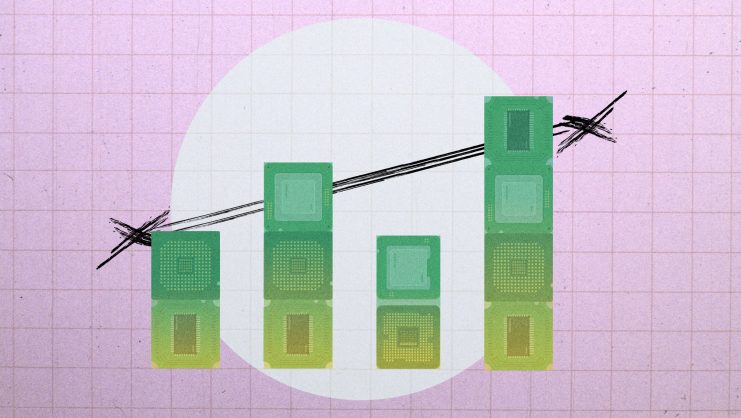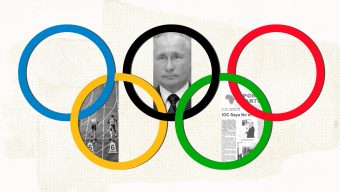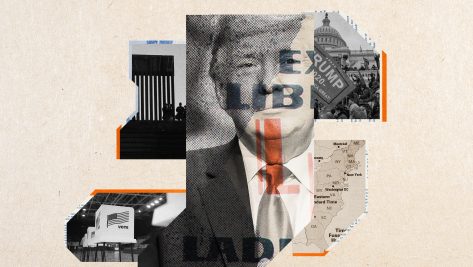The EU’s Search for Strategic Autonomy
The EU finds itself caught in the middle of the power rivalry between the United States and China. “Open strategic autonomy” has been put forward as Europe’s main priority, but what does it actually entail? Miguel Otero-Iglesias explains what open strategic autonomy is and how it can be achieved.
© IE Insights.
Transcription
Well, the big question is can you have open strategic autonomy without your own resources? Open strategic autonomy, really it’s the capacity that a political community has to decide for itself its rules, its future. It started really more in the defense and security field, but now it’s a broader concept that touches upon technology, even food chains, energy, obviously.
Why open? Because the European Union, they don’t want to be fully independent. They still believe that there should be interdependence, but not too many dependencies. The context leads to that, and it’s not only the war in Ukraine that, of course, has shaped the geopolitical landscape in Europe and beyond. But even before that, the great power rivalry between the United States and China, the arrival of Trump with a much more aggressive policy vis-a-vis the European Union withdrawing, for example, from the Iran agreement and using the extra territoriality that the United States has, its immense strategic power that it has, to curtail business with Iran for European companies. And not least as well, the pandemic and the realization that on basic issues like paracetamol or masks, we were highly dependent on China. On one side, it has a strong alliance with the United States. It’s a security guarantor of the European Union and that has become obvious now with the war in Ukraine again.
On the other hand, we have a very strong commercial relationship with China, especially certain countries, in particular Germany. And so the European Union needs to find the balance and they still believe that there can be this three-phase approach to China. I mean, since 2019, there’s an agreement in the European Union that we treat China in three ways, right? As a partner in many different areas of global economic governance, as a competitor in all economic sectors, and as a systemic rival, because China has a different political system.
But I think overall, what we have experienced over the past years is certain vulnerabilities of the European Union in certain key areas. Dependencies on China, on rare earths that are very important, for example, in the energy transition. And then on the other side, you know, this very strong vulnerability or dependencies we have on US tech, we use Google or Twitter or Facebook or we Zoom or we use Microsoft Teams, to where do we store our data, what cloud services we use, to semiconductors. ASML, this Dutch company that produces machines that are key in the production of semiconductors is now under huge pressure from the United States that they should not deliver their best equipment to China.
Well, I think what comes next is several things. One is regulation, and the European Union is quite good at it. Regulation of digital markets, regulation as well that might lead to, for example, the Chips Act to produce semiconductors at home. There will be as well debate more and more about central fiscal capacities. I mean, we had the first issuance of joint debt to overcome the effects of the pandemic, this was an historic moment: the Next Generation EU funds. And now we are discussing perhaps to have a sovereign European fund. What do we do now with energy? Do we buy energy together? Gas together? How we invest more together in this green transition.
And strengths: you have Spain with its kind of renewable energy and possible hydrogen. France with its food production, big companies of France that are in the big leagues in banking, in nuclear energy, for example, luxury products obviously. Germany with its industrial might, its Mittelstand, you know, the so-called hidden champions. The Nordic countries with strong innovation and high well-being. You have in luxury products as well a lot of this Italian machinery, household items, etc. At some point we really need to have discussions around “own resources”, which is a euphemism for European taxes. And that’s really the heart of sovereignty, right? If you start taxing people. The European Union, if it wants to stay a union, at some point, and the last ten years have shown it, it needs to have more fiscal central resources.












